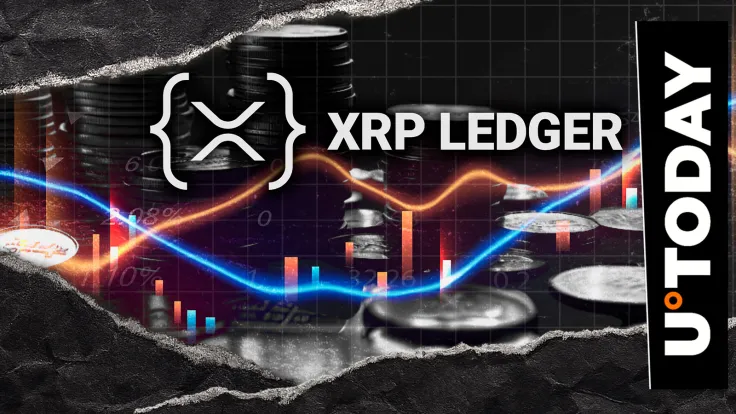IOTA Selected to Run Africa’s Continental Digital Trade Infrastructure for 1.5B People
- Africa is launching the ADAPT digital trade network to reduce costs and expedite cross-border payments.
- Pilot programs in Kenya and Rwanda reduced paperwork, lowered fees, and improved clearance times.
Africa’s push to modernize cross-border commerce is gaining momentum as a coalition, including the AfCFTA Secretariat, the Iota Foundation, the Tony Blair Institute, and the World Economic Forum, prepares to roll out a new digital trade network.
The initiative, known as the Africa Digital Access and Public Infrastructure for Trade (ADAPT), aims to overhaul cross-border commerce and accelerate stablecoin-enabled payments across the continent.
ADAPT will introduce an open-source digital network designed to support interoperable identities, digital trade documents, and low-cost settlement rails. According to the IOTA Foundation, the platform seeks to bring modern infrastructure to 55 African nations by 2035.
It also aims to reduce clearance times from weeks to mere hours and lower transaction fees from the current rates of 6–9% to below 3%.
The project aligns with the continent’s push to reduce friction within the $3.4 trillion AfCFTA market. African traders collectively pay an estimated $25 billion in annual payment processing fees, while documentation errors and fraud result in billions more in losses.
ADAPT offers a digital alternative that enhances accuracy and minimizes waste.
Moreover, the platform comes at a time when global regulators are shaping clearer pathways for stablecoins. As the U.S. and Hong Kong advance their oversight frameworks, African policymakers see an opportunity to integrate tokenized payments that are already operating at scale.
Pilot Programs Show Early Impact
Kenya and Rwanda have already tested IOTA-powered infrastructure under earlier pilot programs. Authorities reported that exporters saved approximately $400 per month by eliminating paper-intensive processes. Freight operators cut manual paperwork by up to 60%. Clearance times at key border points fell from six hours to around 30 minutes.
Furthermore, Kenya now logs about 100,000 transactions a day through IOTA’s network in connection with trade workflows. Public agencies cite stronger data integrity due to cryptographic verification, replacing documents that were previously emailed or physically transported.
The IOTA Foundation confirmed that ADAPT’s formal rollout will begin in Kenya in Q1 next year, followed by Ghana and a third country in North Africa. Full-scale deployment begins in 2027 and will proceed in waves until 2035.
According to AfCFTA forecasts, a comprehensive digital trade system could double intra-African trade and generate $23.6 billion in annual economic benefits.
Digitalization Rises as Crypto Adoption Grows
Africa’s shift toward digital trade infrastructure mirrors its rapid embrace of crypto assets. Over 75 million users on the continent are expected to participate in the sector by 2026, with revenue projected at $5.1 billion.
Stablecoins already represent about 43% of Sub-Saharan Africa’s crypto transaction volume, according to Chainalysis. Nigeria, Kenya, Ghana, South Africa, and Zambia remain the leading markets.
ADAPT’s architects argue that integrating those existing payment behaviors into formal trade rails will unlock efficiency, reduce fraud, and expand access to global liquidity. They expect tokenized dollars and regulated stablecoins to serve as reliable settlement channels, especially for small exporters who struggle with traditional banking routes.
]]>You May Also Like

Solana ETFs Market Grows with Fidelity and Canary Marinade’s New Funds

XRP analysts shift 2025 outlook as liquidity models evolve
